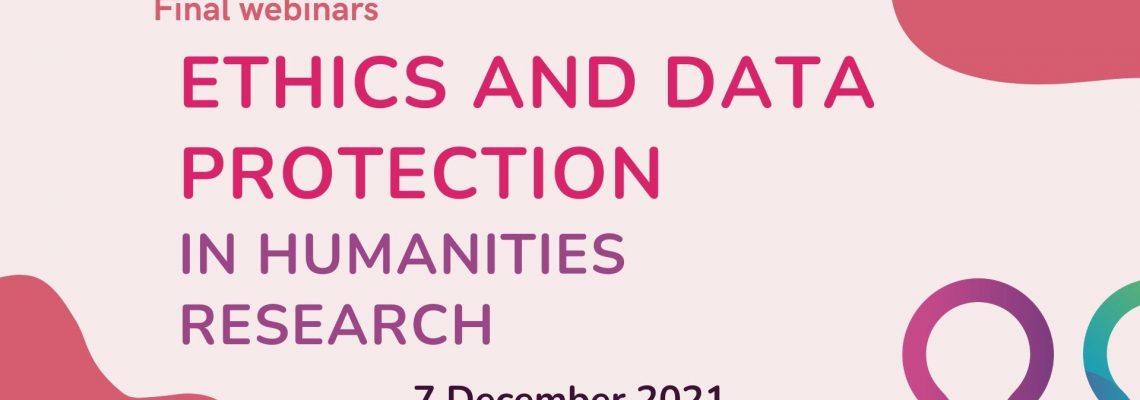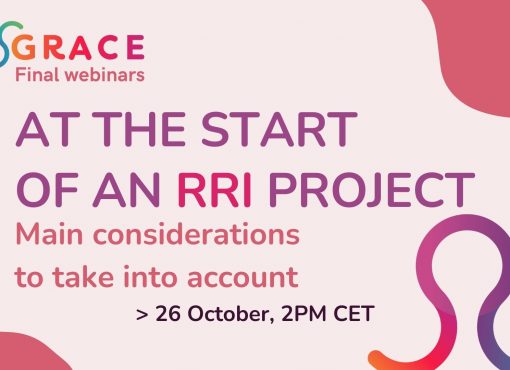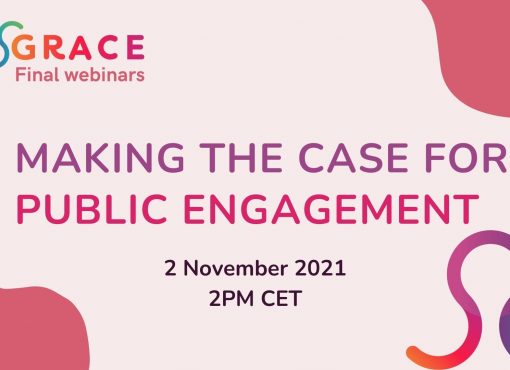
Ethics and Data Protection in humanities research
There is still some resistance in humanities research to research ethics committees. The claim is that humanities research, unlike other sciences, is less ethically problematic. We can use this session to discuss some evolving ‘best’ practices and what is needed for their take up.
Keynote speaker
Dr Dirk Lanzerath is General Secretary of the European Network of Research Ethics Committees and Executive Manager of the German Reference Centre for Ethics in the Life Sciences (DRZE) at the University of Bonn. His main research interests include ethics, applied ethics and bioethics, and philosophy of biology.
Panelists
Dr Mads P. Sørensen is senior researcher at the Danish Centre for Studies in Research and Research Policy, Department of Political Science, Aarhus University. He is co-coordinator of SOPs4RI (‘Standard Operating Procedures for Research Integrity’) and is involved in HYBRIDA and PRINT (a Danish agency-funded project on Practices, Perceptions, and Patterns of Research Integrity). He has a background in History of Ideas and is a specialist in social theory and qualitative research methods. His current research interests include: research integrity, key concepts and ideas in research policy (e.g. ‘excellence’), the changing conditions of knowledge production, non-knowledge, risk society, second modernity and social theory. He has published a number of books including “The Responsible University – Exploring the Nordic Context and Beyond” (co-editor/-author), Palgrave 2019.
Esther Hoorn, Legal Advisor at University of Groningen. As a lawyer in a broad research university in the Netherlands, Esther Hoorn received a COMENIUS Senior fellowship of e-learning material for privacy in research: asking the right questions. With e-learning material and a roleplay the materials foster the use of an impact assessment as a method to bring all stakeholders for responsible research together in an early stage of a research project. In a community of experts she gives advice on data protection and data management, research integrity and the ethical assessment in research scenarios with sensitive data. Because of her role in CLIC, the legal and ethical committee of the CLARIN project, she has a keen interest in transparency on discipline specific good practices with appropriate technical and organisational measures.
Rok Benčin is a Research Fellow at the Research Centre of the Slovenian Academy of Sciences and Arts (ZRC SAZU), Institute of Philosophy. He has held visiting appointments at the University of Paris 8 and the University of Ljubljana. His research interests revolve around the relations between aesthetics, ontology and politics in contemporary philosophy. He is also interested in the problems of research ethics in social sciences and humanities. He regularly acts as a research ethics expert for the European Commission.
This event is part of the eight final webinars the GRACE project is holding every Tuesday from 26 October to 14 December, where project partners and external experts share their findings and provide useful knowledge to implement RRI in research performing and funding organisations
For almost three years, GRACE project partners have worked towards implementing fundamental institutional change in 6 research performing and funding organisations. With an intense mutual learning programme and a co-creation environment, six expert partners have supported six other partners in developing a set of specific RRI-orientated Grounding Actions in their organisation, paving the way for further institutional change.

